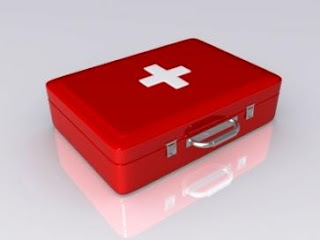Staff Selection Commission (SSC) was set up mainly to recruit candidates into the lower sectors in varies departments of the Indian Government. The examination comprises of two tiers of written, objective examination followed by Computer proficiency/Interview/Skill test. The examination pattern varies based on the requirement and as per the scheme of examination.
SSC conducts various entrance examinations throughout the year. Find below some of the SSC entrance exams conducted:
1) Central Police Organization (CPO) exam: This examination recruits candidates into central Police organizations.
2) SSC Data Entry Operator (DEO) exam: This examination is carried out mainly to recruit candidates for various Data Entry Operator requirements.
3) SSC Combined Matric Level Examination: This exam is conducted mainly to recruit candidates as low division clerks and data entry operators.
4) Special Class Railway Apprentice SCRA Examination: This exam is carried out to recruit candidates into Mechanical Department of Indian Railways.
5) Statistical Investigator Examination: This examination is carried out to recruit candidates into the designation of Assistant Statistical Investigator and Statistical Inspector.
There are Other SSC Exams which are conducted and details are available in the official website. Candidates can submit paper application or online application and submit at Regional office of the Commission. Candidates may submit online application at http://ssconline.nic.in or http://www.sscregistration.sifyitest.com. Eligibility criteria differ based on the requirement and the examination.
































